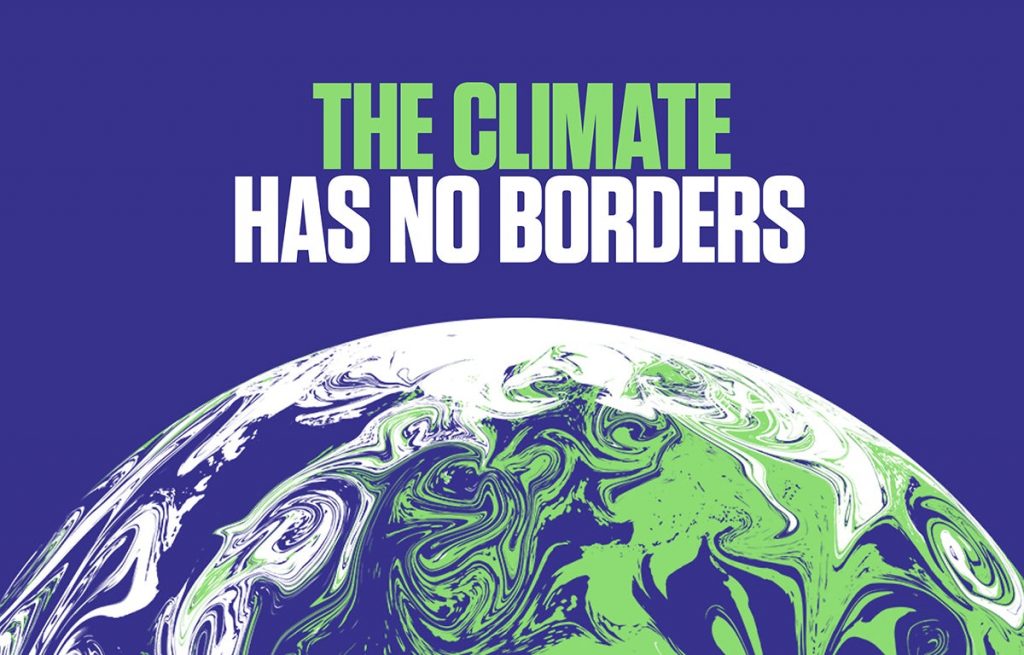Glasgow: While the word ‘urges’ may sound more pressing on its face than ‘requests’, it’s the other way around in the diplomatic language used at the UN Climate conference COP26 here. That’s why environmental activists applauded when the latest draft of a potential summit agreement had the section on nations setting new national emission-cutting goals in 2022 presented as something that merited an updated emphasis, with ‘requests’ in place of ‘urges’.
Environmental Defense Fund Vice President Kelley Kizzier, who used to be a lead negotiator on carbon markets for the European Union (EU), said the definitional distinction confused her when she first got involved in negotiations, but now it’s just part of the lingo to her.
“It’s quite a passive-aggressive place,” said Kizzier. “You know in common English, ‘urge’ is stronger. But diplomats told me ‘request’ is like a legal requirement, which is stronger than encouragement ‘urge’ carries,” added Kizzier.
Within the context of the closing days of the Glasgow conference, the change would represent a big move, if it stays in the final decision, Kizzier informed.
In 2015, negotiators debated about requiring new emission-cutting targets in five to 10 years. Now, they are talking about one year, Kizzier said.
